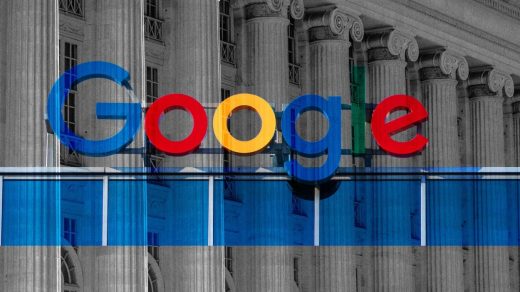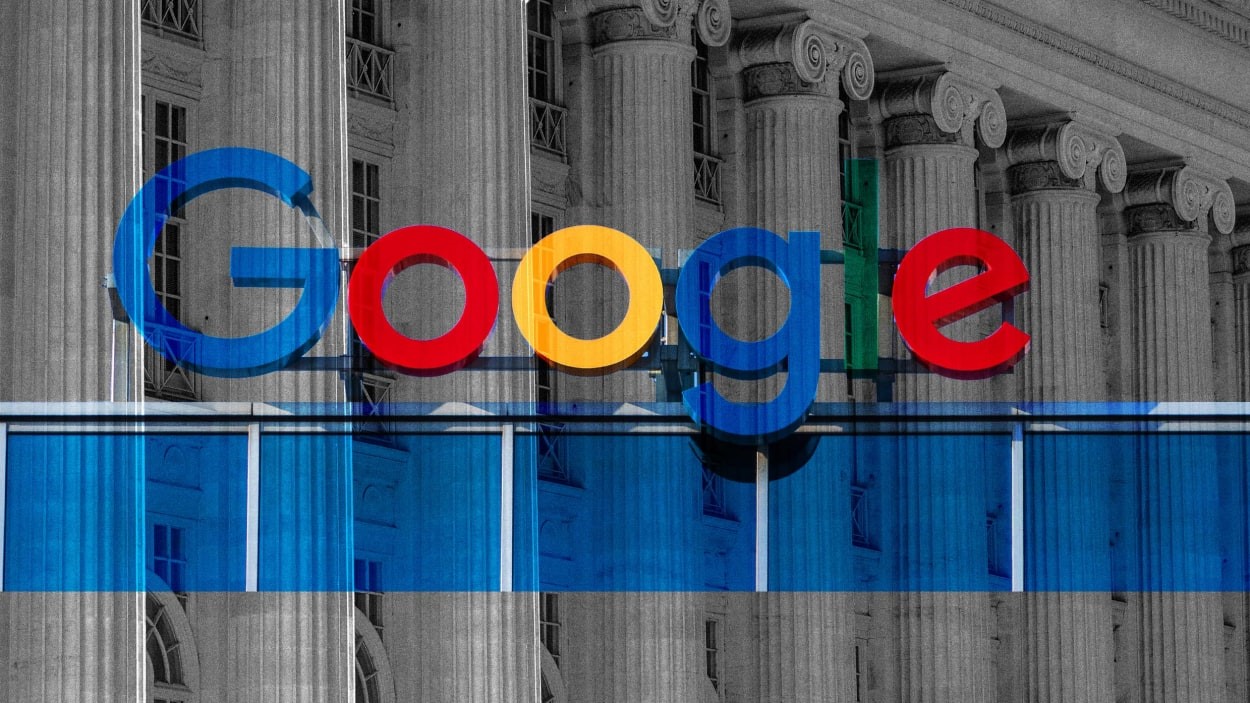No matter the outcome, the DOJ’s Google trial is only the beginning
In opening arguments in a highly anticipated antitrust trial Tuesday, a lawyer for the Department of Justice accused Google of “weaponizing” its contracts with Apple in order to make Google the default search engine on Apple devices, thereby locking out potential competitors in violation of antitrust law. Google, in turn, is arguing that it has “competed on the merits,” winning its privileged placement on these devices with the quality of its products.
The dueling statements provided the first look at how the DOJ’s long-awaited antitrust case against the search giant will play out over the course of the next 10 weeks. On its face, the case centers on whether Google has illegally stifled competition in search through its contracts with phone manufacturers like Apple. But as the first major tech antitrust trial of this internet age, it is also just the beginning of a much broader reckoning not just for Google, but for all the winners of the last generation of technological transformations.
The antitrust scrutiny being heaped on Google is part of a long tradition in tech. It happened for telephones, when a Department of Justice lawsuit ended with AT&T’s monopoly being broken up into a series of regional players. It happened for computers when IBM spent 13 long years fighting a DOJ antitrust suit, once referred to as “the antitrust division’s Vietnam.” It happened for the early web when the DOJ accused Microsoft of boxing out browsers like Netscape by bundling its own product, Internet Explorer, with its operating system.
These cases all came to different ends: AT&T lost. The IBM case was eventually dropped; and, after initially losing in court, Microsoft’s ordeal ended in a settlement. But all of them had lasting effects on these companies and the industries surrounding them.
The same will almost certainly be true for Google’s antitrust proceedings.
A shift away from the Chicago school of antitrust
At issue in this case is how Google has achieved its dominance in just one market—search. In Google’s telling, the company has become the market leader by providing people with better products. As evidence of this fact, Google’s lawyers pointed to the fact that Windows PC users still choose to search on Google, even though Microsoft’s default search engine is Bing. “Consumers use Google on Microsoft because it helps them find what they’re looking for,” said John Schmidtlein, a partner at the law firm Williams & Connolly, which is representing Google in the case. “Plaintiff’s lawsuits ignore these inescapable truths.” Schmidtlein also dinged the DOJ for framing a giant like Microsoft, which is Google’s closest search competitor, as a “supposed victim.”
In the DOJ’s version, however, Google has bought its default search position, spending its “monopoly profits” to secure preferential treatment by device makers and browsers, just as Microsoft allegedly forced people to use its browser on their PCs. To underscore that point, the DOJ emphasized during its opening statements that Google has spent billions of dollars to secure these contracts and that, when one browser maker, Mozilla, changed its default search engine on the Firefox browser, Google lost significant market share in search. Kenneth Dintzer, deputy director in the DOJ’s civil division, called this “direct evidence” that “defaults matter.”
But while search may be the focus of this case, it’s not the only market in which Google is dominant, nor is it the only market that the DOJ is interested in protecting from Google’s reach. Earlier this year, the DOJ announced another lawsuit against the company, honing in on its supremacy in digital advertising. In that case, the department alleges that Google has killed competition through acquisitions and forced publishers and advertisers to use its products. In yet another suit, brought by all 50 states, Google stood accused of monopolizing app distribution in the Google Play store. That case was set to go to trial in November, but both sides reportedly reached a tentative agreement last week.
The simultaneous legal actions swirling around Google mean that no matter how the current trial shakes out, Google is hardly in the clear. Neither are the other tech giants who have recently attracted antitrust enforcers’ attention. The Federal Trade Commission (FTC) is still awaiting its day in court with Meta, whom the FTC has charged with stifling competition through its acquisitions of Instagram and Whatsapp. The Commission is also reportedly planning a separate suit targeting alleged anticompetitive practices by Amazon later this month. (Disclosure: I’m married to an Amazon employee.)
All of these cases attempt to shift away from what’s known as the “Chicago school” of antitrust, which has for decades focused on cases where monopolies drive up prices for consumers. The new generation of antitrust enforcers in government, including both Jonathan Kanter, assistant attorney general for the DOJ’s Antitrust Division, and FTC chair Lina Khan, have argued that companies can still pose a threat to competition even when they keep prices low, or even free, as is the case for so many of today’s tech giants. “Antitrust laws assume competition is the best method of allocating resources in a free market,” Dintzer said. “Competition itself is a public good.”
The Google trial will be an important test of whether the courts share that view. Of course, even if Google ultimately prevails, the mere existence of these suits—which will be, at the very least, costly distractions—is likely to shape the company, the speed at which it can move, and the risks it’s willing to take for years to come. Microsoft’s antitrust case in the 1990s, after all, is widely believed to have been the diversion that cleared the way for Google’s ascent in search in the first place. If history serves, this moment could similarly complicate Google’s efforts to navigate yet another technological transformation—the rise of artificial intelligence—and the litany of well-resourced, unfettered upstarts, which will be all too eager to take its place.
(7)



